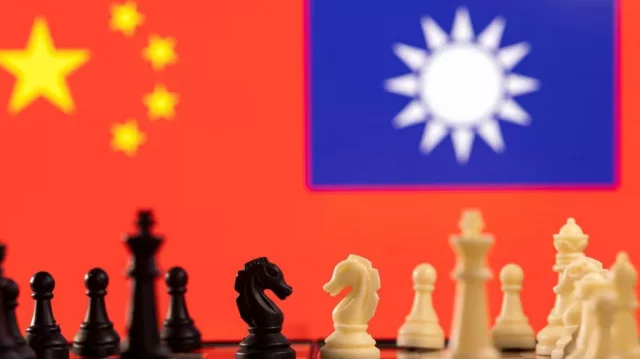China released guidelines to impose criminal punishments, including the death penalty, on “Taiwan independence” separatists, particularly targeting those with foreign support. Chinese authorities claim the measures aim to maintain peace and stability, targeting only a small number of individuals while promoting reunification.
On June 21, 2024, Chinese authorities released guidelines for imposing criminal punishments on diehard “Taiwan independence” separatists, including the possibility of the death penalty and trials in absentia.
Issued by the Supreme People’s Court, the Supreme People’s Procuratorate, and various ministries, these guidelines are based on the Anti-Secession Law, the Criminal Law, and the Criminal Procedure Law. They detail circumstances under which separatists organizing or inciting secession, particularly with foreign support or force, will be held criminally responsible.
This move responds to escalating tensions and persistent separatist efforts, particularly under Taiwan’s new leader, Lai Ching-te. It also serves as a deterrent to foreign forces that might interfere in Taiwan-related matters, promising harsher punishments for those who collaborate with external entities in promoting secession.
However, if separatists voluntarily renounce their stance and mitigate harm, they may avoid prosecution. The guidelines emphasize due process and the rights of defendants, and highlight the importance of punishing secessionists to protect national sovereignty.
Chen Binhua, spokesperson for the Taiwan Affairs Office, stated that the measures target a small number of individuals, not the majority of Taiwan residents, and aim to ensure peace and stability for the people of Taiwan.
While China asserts its unchanged sovereignty and territorial integrity, emphasizing that both sides of the Strait belong to one country. The guidelines can be seen as a step toward facilitating reunification and ensuring a peaceful, prosperous future for people on both ends.




